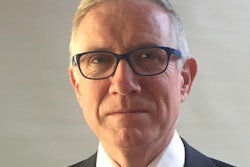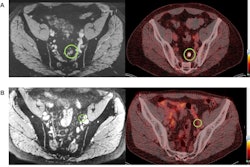Dear AuntMinnieEurope Member,
Anybody who trained in radiology during the 1990s or earlier will remember how haphazard and slow everything was before the arrival of digital systems. Bulky x-rays stored in brown buff envelopes were the norm, and the most important films would invariably go missing.
Considerable progress has been made over the past two decades. PACS has massively sped up the delivery of radiology reports and boosted efficiency, but the systems still cause great frustration and aggravation, says interventional radiologist Dr. Chris Hammond. In a new column, he urges manufacturers to give more thought to workflow and the end user.
Breast MRI, rather than contrast-enhanced mammography, was the big winner this week in the Netherlands. Politicians gave a resounding thumbs-up to MRI in screening exams of dense breasts. This followed a lively discussion about the pros and cons of the two techniques. Get the full story in the Women's Imaging Community.
The investigation into the death of a 74-year-old U.K. woman does not make for comfortable reading. A delay occurred and opportunities were missed over a couple of years, according two reports in the local media. Learn more in the CT Community.
Teleradiology has thrived over recent years, but COVID-19 has undoubtedly dented the profitability and prospects of many companies. Health IT expert Arun Gill has conducted a detailed study of the marketplace. Don't miss his article about this fast-changing sector.
For too long, follow-up imaging of brain tumors has been performed as a considered opinion rather than a timetable based on science. That's the view of Dr. Tom Booth, PhD, consultant neuroradiologist at King's College Hospital NHS Foundation Trust, London. In a bid to provide clarity in this area, his group has published a new position statement. Find out more in the MRI Community.



















